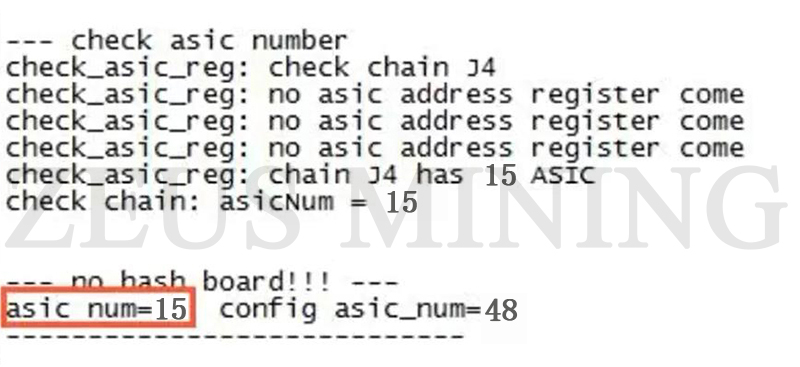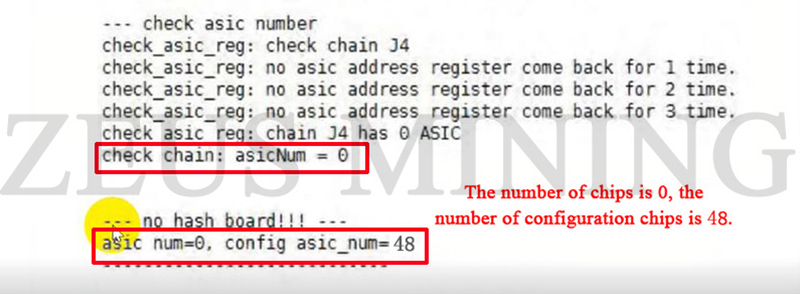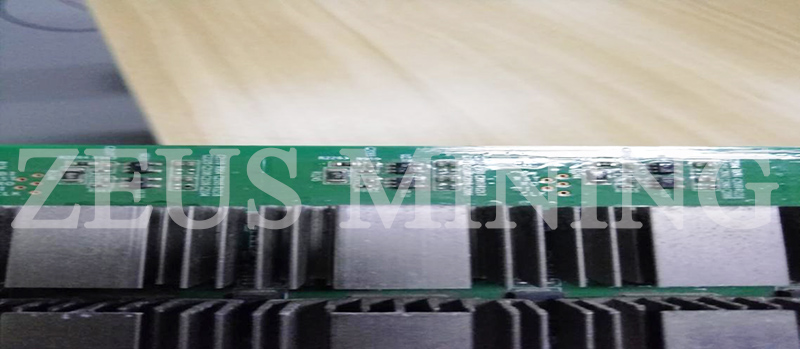ASIC Miner ICERIVER KAS KS0 Profitability In the realm of cryptocurrency mining, the Iceriver KAS KS0 miner has garnered widespread attention. Tailored specifically for the Kaspa network's KHeavyHash algorithm, it boasts high hashing power and low power consumption, making it an ideal choice for many miners. In this article, we will comprehensively assess IceRiver KS0 profitability while considering the Kaspa market conditions and the attributes of KS0 miner. Kaspa Market Dynamics Kaspa is a vibrant cryptocurrency network aimed at delivering high performance and scalability for everyday transactions. At the time of writing this article, the Kaspa coin trades at approximately $0.04959. But it's essential to note that cryptocurrency markets are highly susceptible to price volatility. Hence, investors must remain vigilant about market dynamics. Additionally, the Kaspa network's mining difficulty and reward mechanisms play a role in mining returns. Attributes of the IceRiver KS...
Antminer S17 hash board test fixture shows "lack of ASIC chips" or "ASIC=0"
The following fault phenomenon comes from the Antminer test fixture. You can troubleshoot according to the following operations when the following phenomenon occurs.
1. Antminer S17 hash board test shows "lack of ASIC chips"
Troubleshooting method: Adjust the Fluke 17B+ multimeter to the DC gear, perform detection according to the chip number reported by the computer, and test the voltage of the five signal test points corresponding to the chip (CLK-CO-RI-BO-RST).
For example, a single S17 hash board has 48 BM1397 ASIC chips. When the test fixture only detects 15 chips, it will display: asic num=15; then, it is necessary to test whether the voltages of chips 15 and 16 are normal.
2. Antminer S17 hash board test shows "asic num=0"
Check method:
1) Replace the faulty hash board data cable with the non-faulty hash board data cable (replace only the side of the hash board), and eliminate the data cable and control board problems. If the problem cannot be solved, it means that the hash board is broken and needs to be further tested with a test fixture. It is recommended to use Antminer offline test fixture, click on the video to see how to use it:
2) First, we need to test whether there is 18.5V between the first voltage domain and the last voltage domain.
Test method: The Fluke 17B+ multimeter is adjusted to the DC gear, and the red and black test pens are placed on the heat sinks of the 1st and 12th domains respectively.
If there is 18.5V, recheck the RI voltage (because the RI voltage can be positioned, after positioning, check the domain voltage, LDO 1.8V and PLL 0.8V output). The inspection direction of RI voltage is from back to front (from chip No.48 to chip No.1); we do not need to check one by one; we can start from the middle. For example, if the RI signal at this point is 1.8V, we will check forward, and if not, check backward.
Test method: The Fluke 17B+ multimeter is adjusted to the DC gear, and the red and black test pens are placed on the RI test point and heat sink of the same domain respectively. If the RI signal of the chip has 1.8V, continue to detect whether the RI signal of the previous chip in the same domain has 1.8V; if not, check whether the domain voltage between the two chips is 1.55V (because the domain voltage powers the chips in the same domain).
If the domain voltage between the two chips is 1.55V, then we need to measure the 0.8V voltage and 1.8V voltage of this group of domains. If the voltage output is normal, it means that the chip that detects the Ri signal without 1.8V has a high probability of being broken, so it is necessary to detect its ground value.
Ground value detection method: The Fluke 17B+ multimeter is adjusted to the diode gear, the red test pen is placed on the heat sink of the same domain, and the black test pen is detected.
For more Antminer S17 hash board failures, please check the Antminer S17 Hash Board Repair Guide.




Comments
Post a Comment
Tell us your opinion